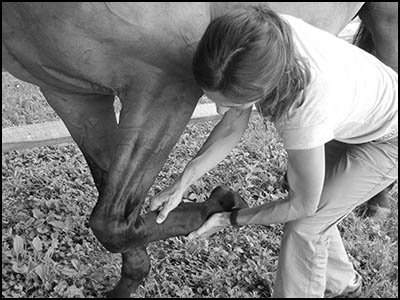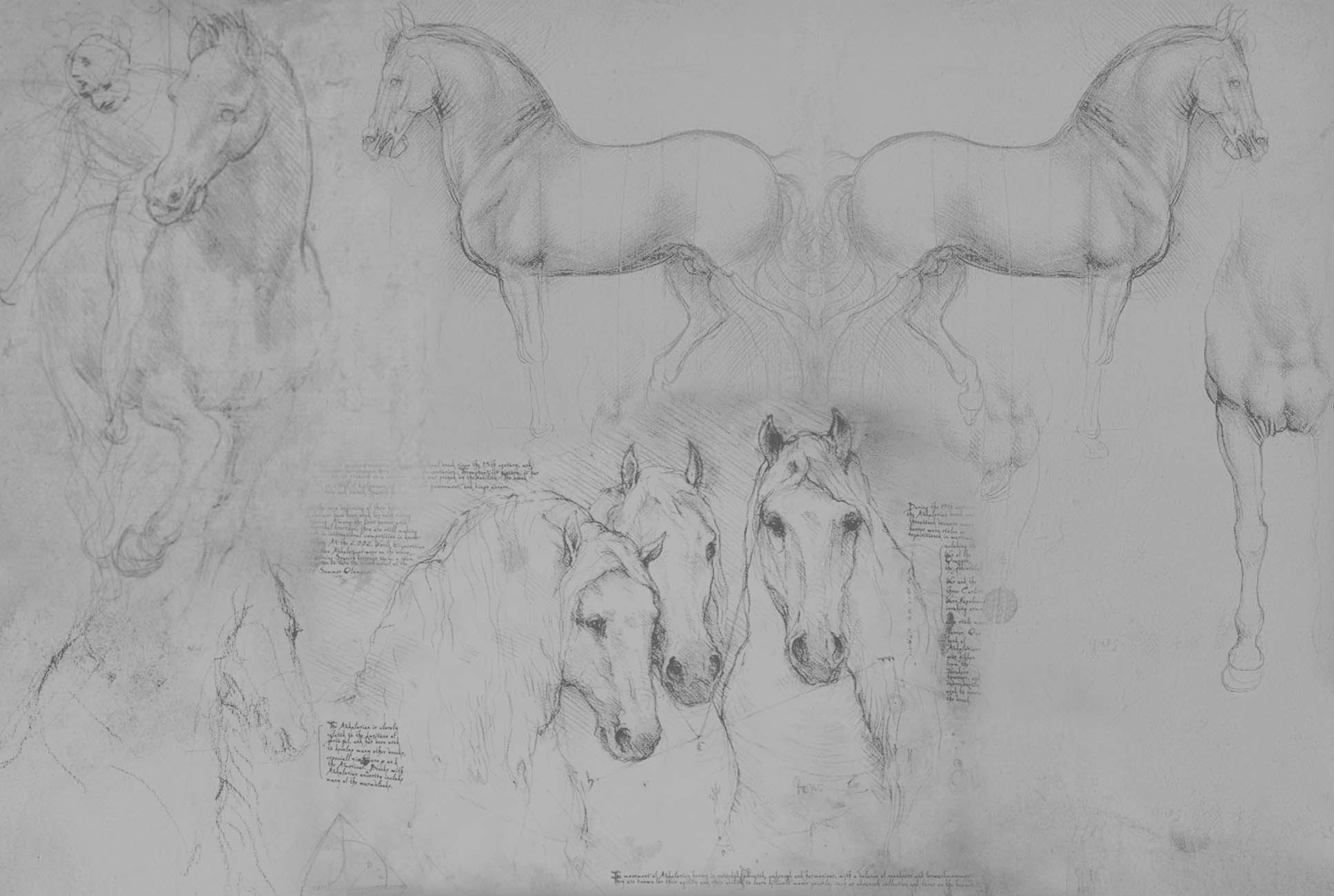What is Functional Neurology?
 Functional Neurology is the clinical application of basic neuroanatomy for therapeutic purposes. It uses the plasticity of the nervous system to facilitate healing and rehabilitation. Functional Neurology can be both therapeutic and educational.
Functional Neurology is the clinical application of basic neuroanatomy for therapeutic purposes. It uses the plasticity of the nervous system to facilitate healing and rehabilitation. Functional Neurology can be both therapeutic and educational.
For example, a horse that suffered a bowed tendon injury may be given treatments to stimulate specific nerves, in addition to the ice and rest most commonly used, and in addition to the bio-therapeutics that are increasingly used. Treatments are based on the anatomy and physiology of the injury. A bowed tendon is an acute or chronic inflammation of a flexor tendon, most commonly the Superficial Digital Flexor. A veterinarian trained in Functional Neurology will approach tendonitis as indicative of a weak muscle. The Ulnar nerve, which innervates the Superficial Digital Flexor, in addition to surrounding muscles, would be stimulated, and those muscles strengthened at the appropriate time during the healing process.
An example of the use of Functional Neurology in humans would be a stroke victim that has suffered damage to the frontal region of the brain associated with language. That person can, with the help of functional neurology, learn to speak again as the nervous system is “re-trained” and nerves that were previously associated with different functions adapt to compensate for the lost function of damaged nerves.
Dr. McCall studied the concepts of Functional Neurology in humans with Dr. Jeff Haller, with whom she completed training in Functional Integration®, and in animals with Dr. Pedro Rivera, the only veterinarian that is boarded with the American College of Functional Neurology.


